 A useful overview of the Functionalist view of youth culture can be found below:
This is useful as a flipped learning resource for students to watch in advance of the lesson. With notes from the video to hand, students could work individually or in pairs to identify ways in which youth culture: a) contributes positively towards the lives of individual members, and b) contributes
positively towards wider society. Students should be encouraged to refer to examples from the subcultures they have studied earlier.
A useful overview of the Functionalist view of youth culture can be found below:
This is useful as a flipped learning resource for students to watch in advance of the lesson. With notes from the video to hand, students could work individually or in pairs to identify ways in which youth culture: a) contributes positively towards the lives of individual members, and b) contributes
positively towards wider society. Students should be encouraged to refer to examples from the subcultures they have studied earlier.
Talcott Parsons argued that ‘youth’ only emerged as a life stage between childhood and adulthood due to changes in wider society. In pre-capitalist societies,
the transition between childhood and adulthood was often marked by a single rite of passage. Rites of passage therefore (traditionally) marked a clear
move from childhood to adulthood; hence, traditionally in many cultures there was no long drawn out transitional period of ‘youth’.
The following article outlines some examples of rites of passage that will promote some useful discussion points amongst students:
Discover More 13 amazing coming of age traditions from around the world
After reading these examples, students can consider the ways in which and extent to which it can be argued that rites of passage are a feature in the lives of British young people.
Tim Lott’s Guardian article located here:
Discover More Adolescents need a rite of passage to ease them into adulthood
who work with young men to promote positive social and individual change.
Based on the material they have learned about rites of passage, students could work in small groups as government ‘task forces’ - charged with creating an official rite of passage for young British men and/or women.
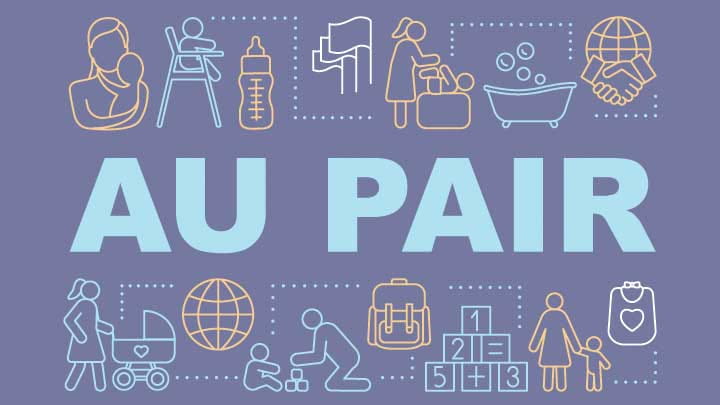


The following article provides accounts of family life in four different countries. Students c...
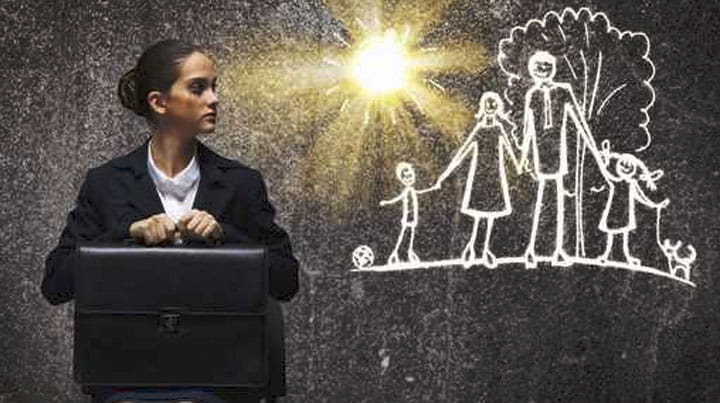
Within this page a video is embedded which makes use of the ‘Good Wife’s Guide&rsq...

Students could use this information to sketch out their own organic analogy and label the diff...

This is a detailed PowerPoint that outlines industrialisation and social change.

The Walking Dead is a popular American TV show centring on a small band of survivors from a zo...
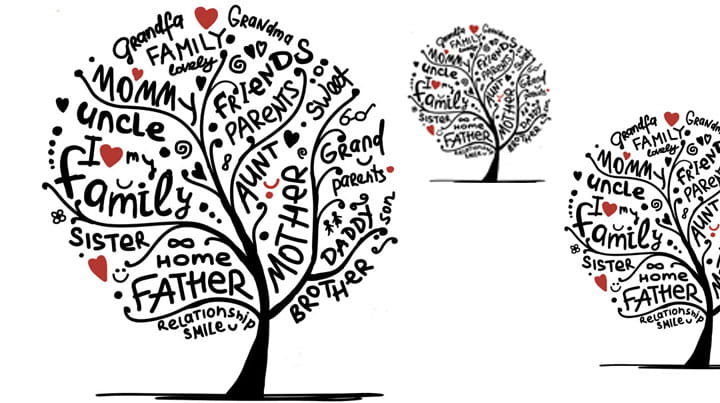
In this activity, students fill out their own sociological family tree, which as well as providin...
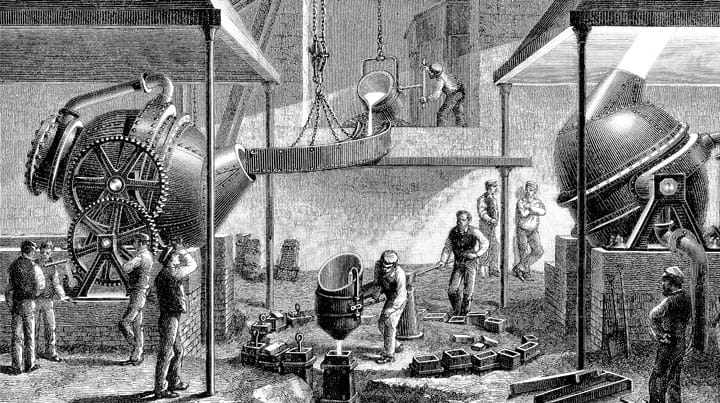
Quizlet (www.quizlet.com) is a free resource that can be used by both teachers and students to...

This section provides classroom resourses for considering the family, gender and housework, an...

Students could consider the gendered division of labour in their own families and the extent t...

Use the following New York Times article as a starter activity whereby students are to draw ou...
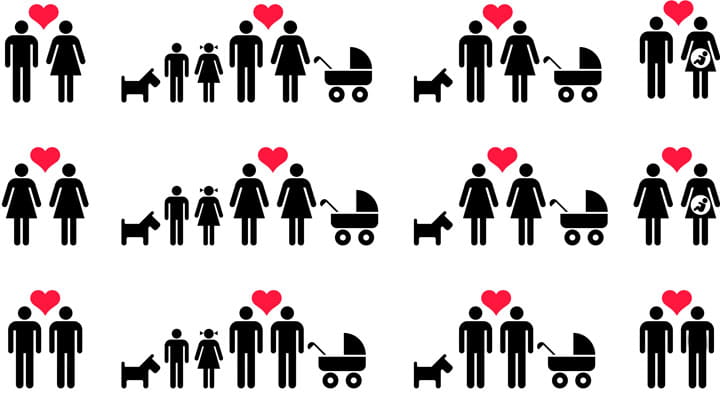
‘What is a family?’ is the central question posed by Zach Wahls’ testimony p...
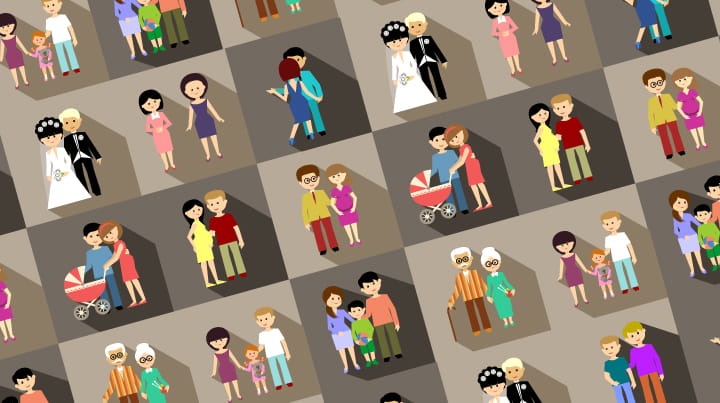
The study of families and households is one of the most popular topics at A-level. This area o...